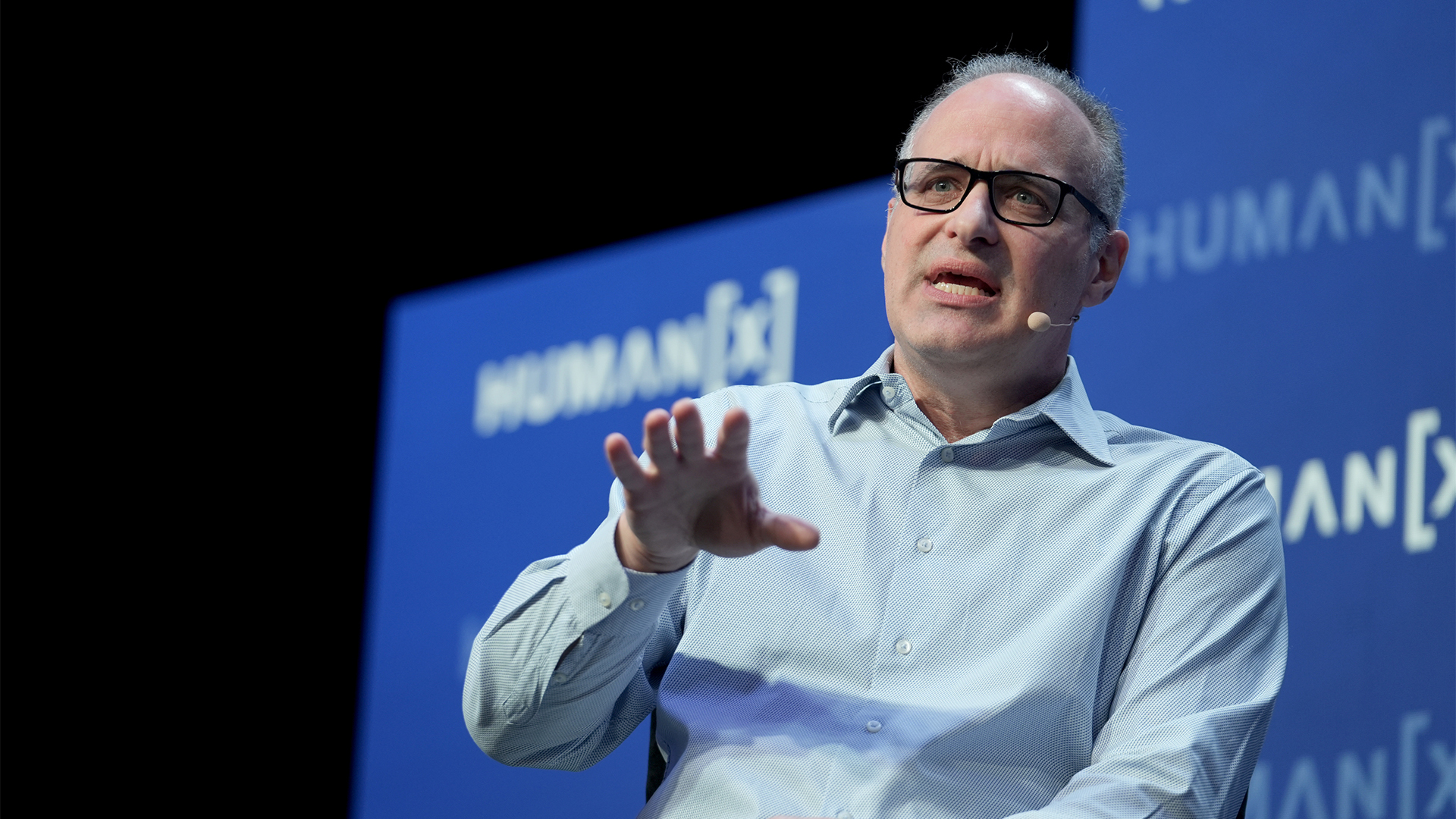NHS staff issued with fresh cyber security guidance
New campaign focuses on password security, phishing, social engineering, and on-site 'tailgating'


Sign up today and you will receive a free copy of our Future Focus 2025 report - the leading guidance on AI, cybersecurity and other IT challenges as per 700+ senior executives
You are now subscribed
Your newsletter sign-up was successful
NHS Digital has launched an organisation-wide cyber security campaign to provide staff with the most up-to-date guidance on how to avoid and mitigate potential cyber threats and data breaches.
With the NHS being one of the biggest direct and indirect targets for cyber criminals, NHS Digital's 'Keep I.T. Confidential' campaign is hoping to educate the workforce on the impact of cyber security on patient safety and care.
As part of the programme run by NHS Digital's Data Security Centre (DSC), staff will be reminded of a host of key cyber security threats that could compromise the NHS' defences. There will also be information on what actions staff can take to reduce the risk of attack.
"Cyber security is the responsibility of all NHS staff and we want to inspire a cultural change by supporting health and care organisations to embed it in their daily best practice," said NHS Digital deputy chief executive Rob Shaw.
"To do this, we need to support all NHS staff on the direct impact of data security on patient care, and the steps they can take personally to reduce this threat."
Areas to be highlighted include weak password hygiene, phishing scams and business email compromise (BEC), keeping devices unlocked, and social engineering campaigns.
The campaign will also aim to reduce 'tailgating' on NHS sites, the practice of cyber criminals attempting to gain physical access to unauthorised areas by following staff or posing as workers.
Sign up today and you will receive a free copy of our Future Focus 2025 report - the leading guidance on AI, cybersecurity and other IT challenges as per 700+ senior executives
Physical infiltration is deemed a major cyber security risk given there are a host of vulnerabilities and exploits that require an attacker to be in close proximity to a target device.
"We know how busy NHS staff are so we are helping them to understand the importance of data security and how it can impact on and benefit their working lives, including patient care," Shaw continued.
"NHS organisations are vast and diverse so Keep I.T. Confidential can be tailored to suit the individual needs of health and care providers and their staff."
Cyber security in the NHS has been given far more attention since the devastating WannaCry outbreak in 2017. Attention has not been sufficient to bolster cyber defences, however, with zero Trusts passing cyber security assessments one year after the incident, according to results from April 2018.
Moreover, the results of a freedom of information request published in December revealed the NHS has been spending as little as 250 on cyber security in some areas. The average spend on training across 159 Trusts was 5,356 throughout 2018, but this varied wildly from between 238 and 78,000, and bore no correlation to the size of Trust or its location.
These findings were highlighted again in July this year, with the Institute of Global Health Innovation (IGHI) urging the government to pump more money into cyber security. Its research suggested this was needed in order to plug existing gaps that render the NHS vulnerable to an attack more destructive than WannaCry.

Keumars Afifi-Sabet is a writer and editor that specialises in public sector, cyber security, and cloud computing. He first joined ITPro as a staff writer in April 2018 and eventually became its Features Editor. Although a regular contributor to other tech sites in the past, these days you will find Keumars on LiveScience, where he runs its Technology section.
-
 Anthropic researchers warn AI could 'inhibit skills formation' for developers
Anthropic researchers warn AI could 'inhibit skills formation' for developersNews A research paper from Anthropic suggests we need to be careful deploying AI to avoid losing critical skills
-
 CultureAI’s new partner program targets AI governance gains for resellers
CultureAI’s new partner program targets AI governance gains for resellersNews The new partner framework aims to help resellers turn AI governance gaps into scalable services revenue
-
 Thousands of Microsoft Teams users are being targeted in a new phishing campaign
Thousands of Microsoft Teams users are being targeted in a new phishing campaignNews Microsoft Teams users should be on the alert, according to researchers at Check Point
-
 Microsoft warns of rising AitM phishing attacks on energy sector
Microsoft warns of rising AitM phishing attacks on energy sectorNews The campaign abused SharePoint file sharing services to deliver phishing payloads and altered inbox rules to maintain persistence
-
 Warning issued as surge in OAuth device code phishing leads to M365 account takeovers
Warning issued as surge in OAuth device code phishing leads to M365 account takeoversNews Successful attacks enable full M365 account access, opening the door to data theft, lateral movement, and persistent compromise
-
 Amazon CSO Stephen Schmidt says the company has rejected more than 1,800 fake North Korean job applicants in 18 months – but one managed to slip through the net
Amazon CSO Stephen Schmidt says the company has rejected more than 1,800 fake North Korean job applicants in 18 months – but one managed to slip through the netNews Analysis from Amazon highlights the growing scale of North Korean-backed "fake IT worker" campaigns
-
 Complacent Gen Z and Millennial workers are more likely to be duped by social engineering attacks
Complacent Gen Z and Millennial workers are more likely to be duped by social engineering attacksNews Overconfidence and a lack of security training are putting organizations at risk
-
 Hackers are abusing ConnectWise ScreenConnect, again
Hackers are abusing ConnectWise ScreenConnect, againNews A new spear phishing campaign has targeted more than 900 organizations with fake invitations from platforms like Zoom and Microsoft Teams.
-
 The Allianz Life data breach just took a huge turn for the worse
The Allianz Life data breach just took a huge turn for the worseNews Around 1.1 million Allianz Life customers are believed to have been impacted in a recent data breach, making up the vast majority of the insurer's North American customers.
-
 A new, silent social engineering attack is being used by hackers – and your security systems might not notice until it’s too late
A new, silent social engineering attack is being used by hackers – and your security systems might not notice until it’s too lateNews Security researchers have warned the 'FileFix' technique, which builds on the notorious 'ClickFix' tactic, is being used in the wild by threat actors.